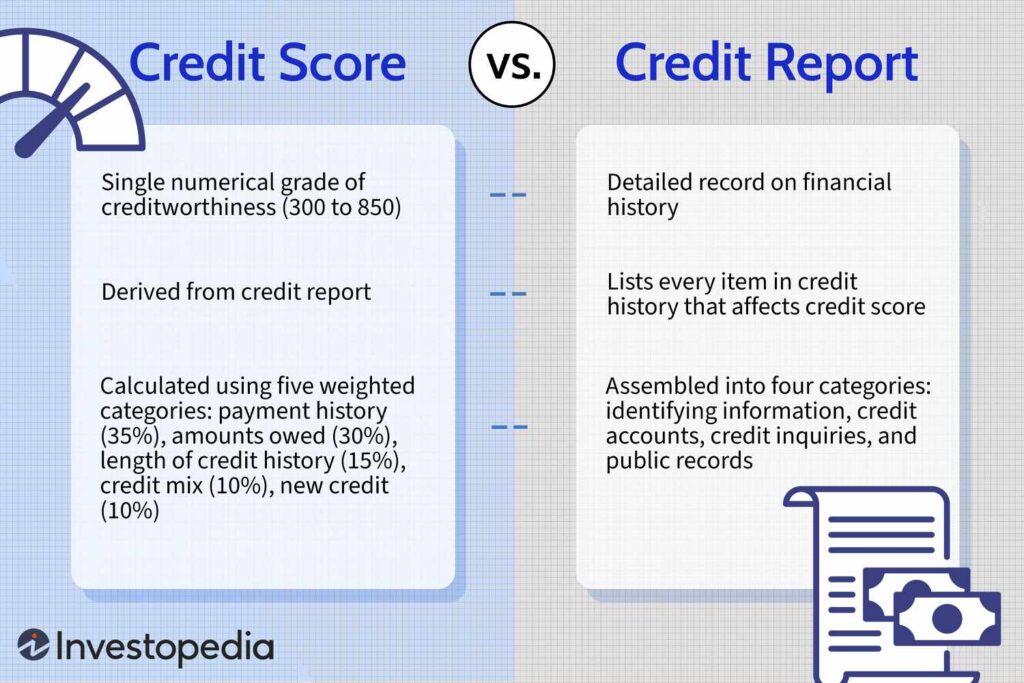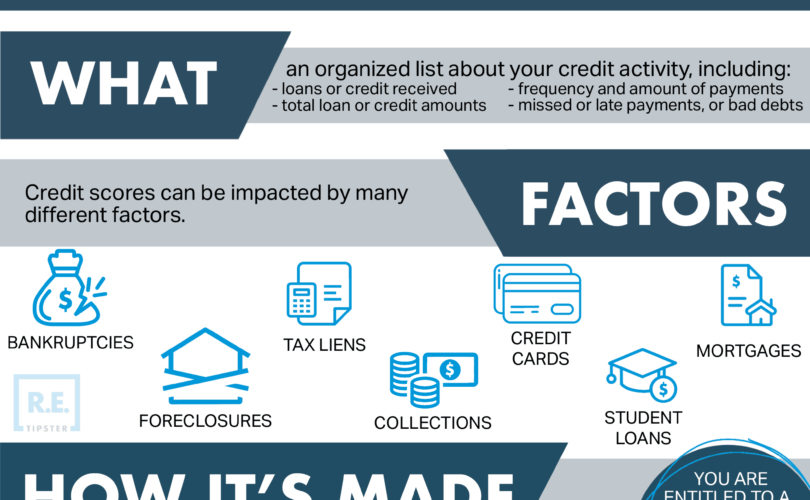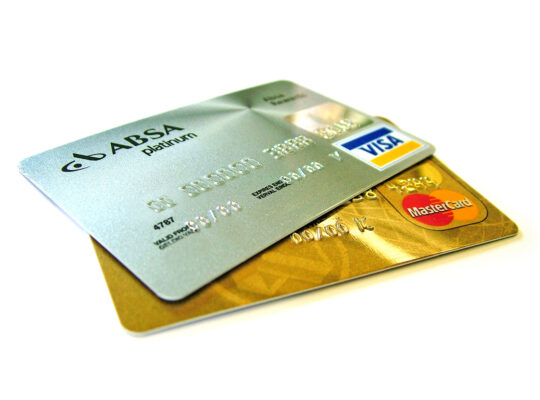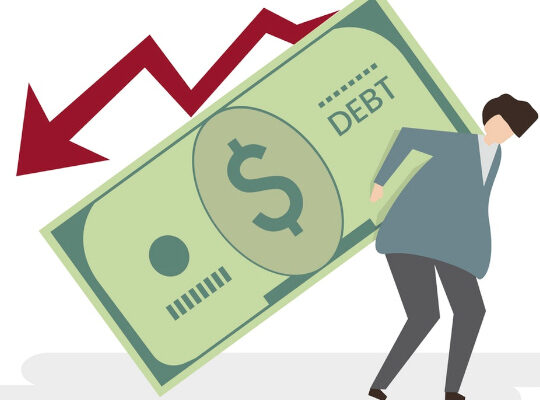
A credit report is a detailed summary of an individual’s credit history, including information on loans, credit cards, and other financial accounts. It is important because lenders, landlords, and other entities often use credit reports to assess an individual’s creditworthiness and decide whether or not to extend credit or approve an application.
Related
What is a credit report and why does it matter?
You may have heard the term credit report before, but do you know what it is and why it matters? A credit report is a document that shows how you use money and pay your bills. It is like a report card for your financial behavior. It can affect your chances of getting a loan, a credit card, a car, a house, or even a job. Here are some basic facts and tips about credit reports that you should know.
What is in a credit report?
A credit report contains information about your personal and financial history, such as:
- Your name, address, date of birth, and social security number
- Your current and past accounts, such as credit cards, loans, mortgages, and utilities
- Your payment history, such as whether you pay on time, late, or miss payments
- Your credit limit, balance, and available credit
- Your public records, such as bankruptcies, foreclosures, liens, or judgments
- Your inquiries, such as when you apply for new credit or check your own credit
Who creates and updates your credit report?
Your credit report is created and updated by three major credit bureaus: Equifax, Experian, and TransUnion. These are independent companies that collect and verify information from lenders, creditors, landlords, employers, and others who do business with you. They also use a system called FICO to calculate your credit score, which is a number that summarizes your credit risk. Your credit score can range from 300 to 850, with higher scores being better.
How can you access and review your credit report?
You have the right to access and review your credit report for free once every 12 months from each of the three credit bureaus. You can request your free credit report online at www.annualcreditreport.com, by phone at 1-877-322-8228, or by mail. You should check your credit report regularly to make sure it is accurate and complete. If you find any errors or fraud, you can dispute them with the credit bureau and the source of the information.
What is the difference between a credit report and a credit history?

A credit report is a document that contains detailed information about your credit history. It usually includes information about your current and past loans, credit cards, and other lines of credit. It will also contain information about whether you have made payments on time, defaulted on any loans, or filed for bankruptcy.
A credit history, on the other hand, is a broader term that refers to your overall track record when it comes to borrowing and repaying loans. While a credit report contains specific details about your credit history, the term "credit history" itself can refer to the bigger picture of how you have managed credit over time.
A credit report will contain specific details about each of the loans you have taken out, such as the date the loan was opened or closed, the balance, and payment history. But a credit history is more of a summary, and might describe your borrowing history more generally, such as noting that you started borrowing money ten years ago, have always made payments on time, and have paid off most of your balances.
Why is a credit report important?
Credit reports are important for you to keep an eye on. By reviewing your credit report regularly, you can see if there are any errors or inaccuracies that need to be corrected. This is important because mistakes on your credit report can negatively affect your credit score, which can make it harder for you to get credit in the future. Additionally, reviewing your credit report can help you watch for signs of identity theft, such as accounts you don’t recognize being opened in your name.






